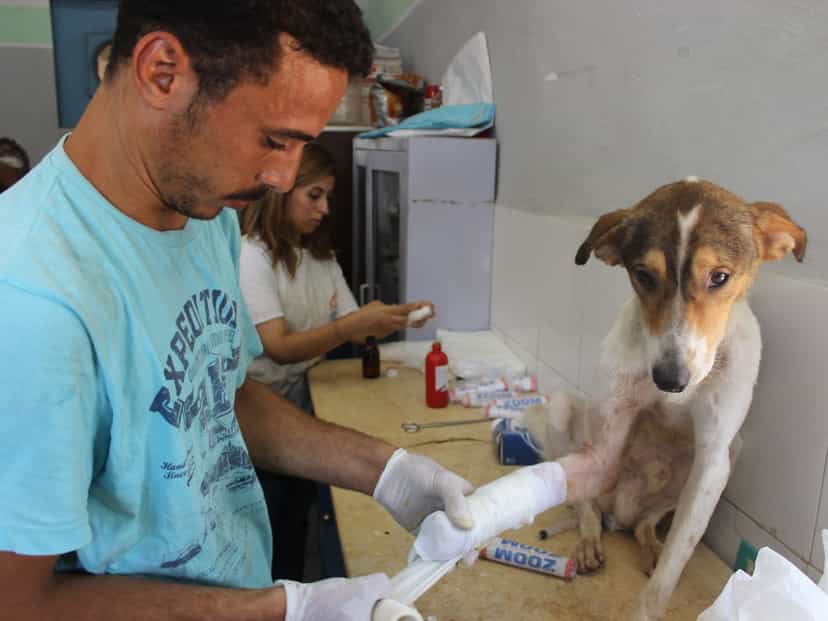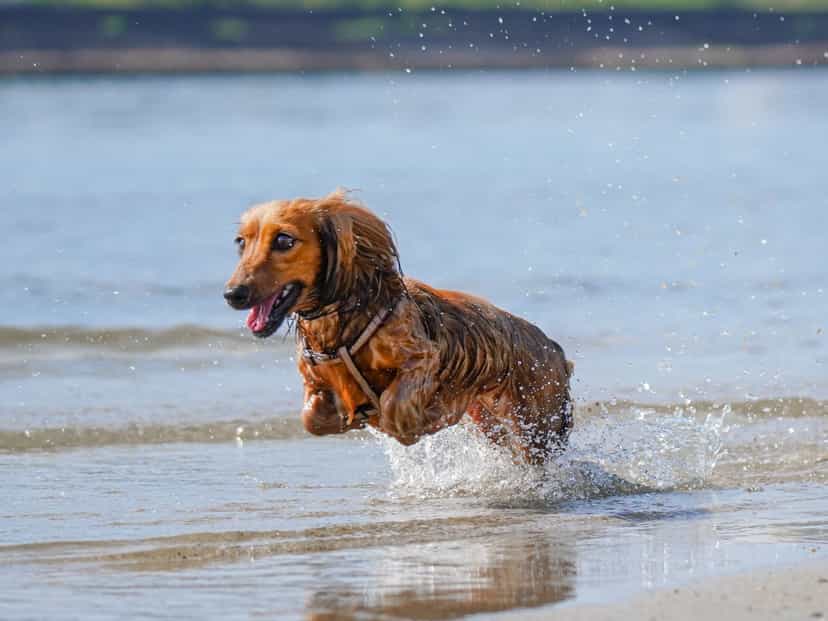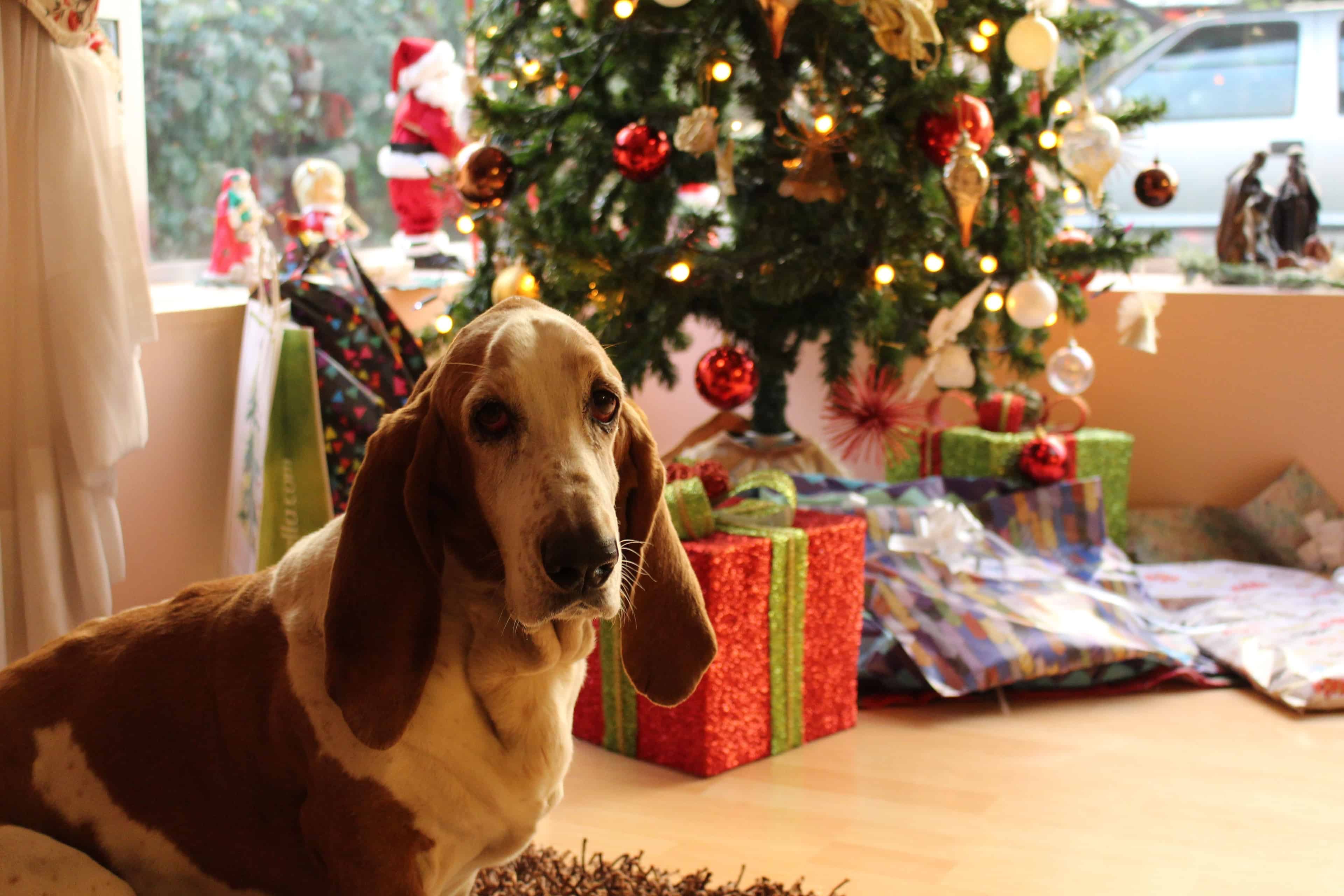
Christmas presents for dogs? Best toys for dogs? Best Christmas presents for dogs? Christmas gifts for dogs?
With Christmas fast approaching you may already be thinking about what to buy for your furry family member, so here are some important considerations and advice to aid your decision making.
Kathy Hobson is the owner/trainer for Dog First Aid Sussex and explains her perspective on this: “Some common dog toys and gifts have hidden dangers which many dog owners are simply unaware of. It’s important to do your research. You don’t want to spoil Christmas with a trip to the emergency vet.”
Some common dog toys and gifts have hidden dangers which many dog owners are simply unaware of.
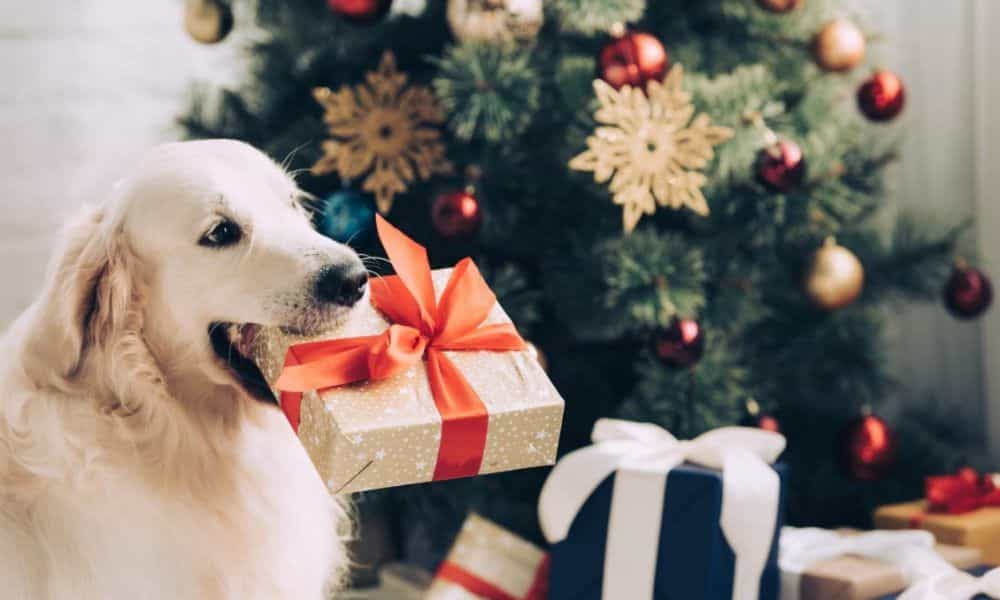
Rawhide, whilst it looks very attractive in its variety of colours and designs, is actually very bad for dogs. The production process involves many nasty chemicals and it gets sticky or slimy when chewed causing a choking hazard or a risk of intestinal blockage.
Hard chews such as antlers, yak bars, buffalo horns, bones and nylon chews can easily cause tooth fractures. Research by MARS Petcare and the University of Pennsylvania School of Veterinary Medicine has now proven this.
Kathy says “another recent survey showed that approximately a quarter of all dogs seen in veterinary practices suffer from tooth fractures. These fractures can be difficult to spot and can often remain undetected for years, causing the poor dog a lot of suffering. Puppies’ teeth are particularly fragile, even tug toys need to be used with extreme caution.”
Balls must be the correct size for your dog to minimise the risk of choking. The coating on tennis balls is actually very abrasive, therefore dogs who carry them in their mouths a lot can experience wear damage to their teeth. Even ball throwers pose a risk to your dogs. The excessive running, jumping, twisting and turning can cause joint problems and arthritis in older age.
Some toys are not as durable as you might think. Look out for soft toy stuffing, squeakers or lights which may come out and be swallowed, also rope toys which can unravel and leave lengths possible to swallow.
Frisbees can be a lot of fun, but they can also cause blunt trauma injuries to the mouth and face and, again, tooth fractures.
You don’t want to spoil Christmas with a trip to the emergency vet.
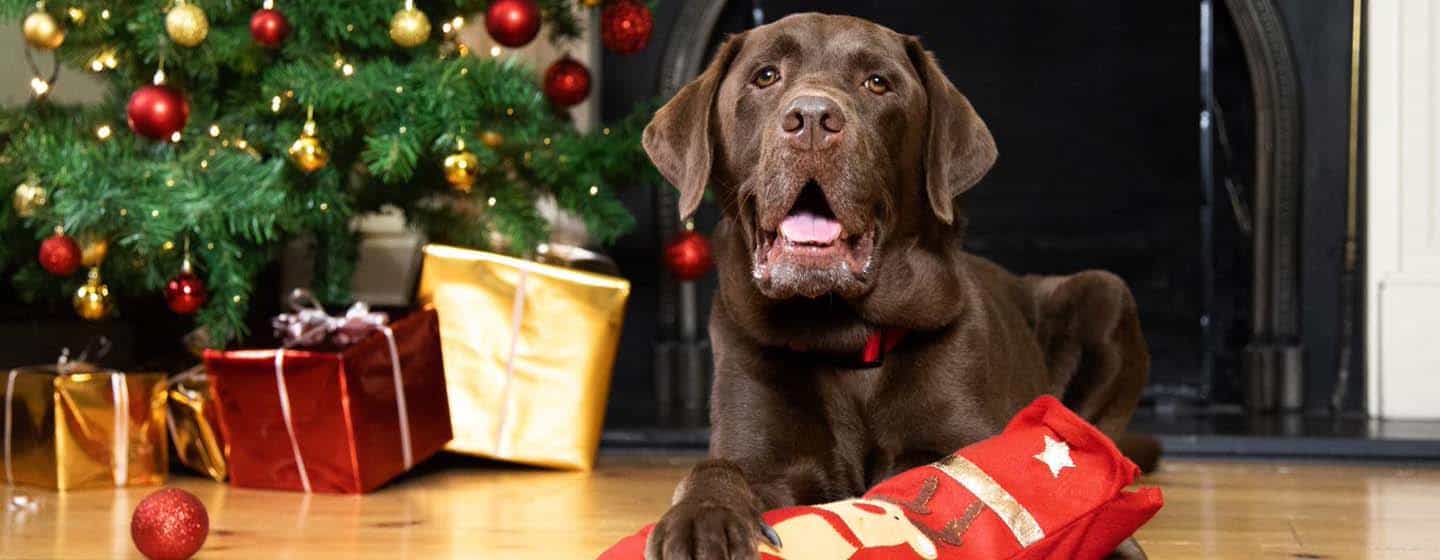
So, what toys are safe for our dogs?
Kathy advises that “there are safe alternatives to all of the toys already mentioned. For
example, look for slightly softer and natural chews such as pigs ears. A golden rule is to use the fingernail test. If you cannot make a mark in the chew/toy with your fingernail then there is a fracture risk. Olive wood is another great option for dogs that like to chew.”
For enrichment ideas you could try Kong toys which can be stuffed with a variety of foodstuffs, snuffle mats, lick mats and puzzle bowls. You can also buy balls with holes through them so that, if the ball was to get stuck in the dog’s throat, air can still pass
through.
You could consider buying the equipment required to try a new activity with your dog, such as agility, hoopers or canicross – this could be a great bonding opportunity as well as providing exercise for both you and your dog.
All dog toys should be used under strict supervision of course.

Kathy has trained hundreds of dog owners and professionals such as trainers, behaviourists, groomers, boarders and walkers. She has also trained search dog handlers and police dog handlers, university and college students. She says: “Animal welfare is absolutely at the heart of what we do. We are all very passionate about this and it’s often about preventing incidents happening in the first place.”
Dog First Aid Training offer the Continued Professional Development (CPD) accredited
Emergency Canine Care™ (ECC) course. The course is written by vets and is regularly
updated. Examples of the life-saving skills and knowledge you can gain from a canine first aid course include CPR, choking, GDV/bloat, shock, bleeding, seizures, heat stroke, burns and scalds, toxic ingestion and road accidents.
Kathy Hobson is your local Dog First Aid trainer, covering East and West Sussex, Brighton and Hove. You can contact her on kathy.hobson@dog-first-aid.com , 07498 557064, or on Facebook www.facebook.com/dogfirstaidsussex.
